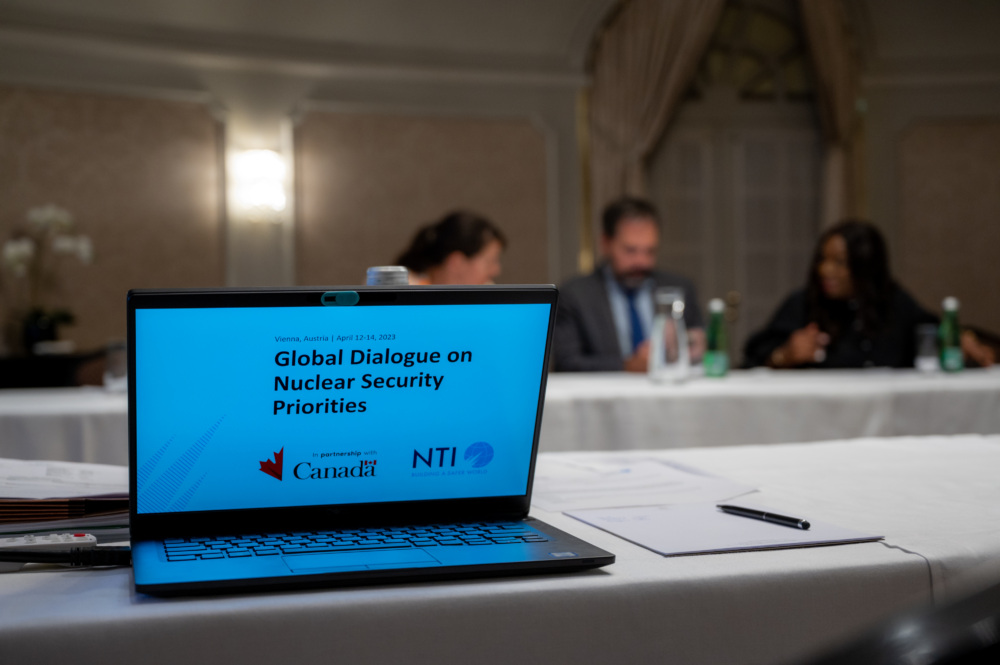
Fostering Nuclear Security Leadership and Innovation
Lessons Learned from 10 Years of the Global Dialogue on Nuclear Security Priorities
This is the first of four Non-Papers from the Global Dialogue on Nuclear Security Priorities. Through the Global Dialogue, government officials, international experts and nuclear security practitioners are engaging in a collaborative process to build consensus about the need for a strengthened global nuclear security system, how it would look and what actions would be needed at the 2014 Nuclear Security Summit and beyond.
Despite the growing importance attached to nuclear security by world leaders, there is still no global system in place for tracking, accounting for, managing, and securing all weapons-usable nuclear materials (e.g., highly enriched uranium and separated plutonium). The global nuclear security system today is a patchwork of agreements, guidelines, and multilateral engagement mechanisms. All of these, however, have numerous gaps and limitations which undermine global security as well as our confidence in the effectiveness of the system. The challenge then is to strengthen the system, to the benefit of each state individually and for all states globally.
The primary responsibility for nuclear security begins with each state. While this is certainly the case for states which possess relevant nuclear materials and facilities, all states—even those without nuclear materials—must be alert to the possibility that their territories could be used as a safe haven, staging ground, or transit point for terrorist operations involving stolen nuclear materials.
The national responsibility to effectively meet nuclear security objectives, however, cannot be viewed as the exclusive domain of each state. In a world where global nuclear security is only as strong as the weakest link in the chain, every state has a security interest in how well others meet this responsibility. Sovereignty need not mean operating in isolation, particularly when the nuclear security system should be viewed as a global responsibility because risks related to nuclear security have a global impact. Many terrorist groups are transnational in their membership, objectives, and activities. Terrorists are opportunistic. They are likely to attempt to seize nuclear material where security is believed to be lax, and if they succeed in making a nuclear device, they may decide to use it where access to an attractive target is easiest. Thus, a failure of nuclear security in one state could well result in an attack in another. Likewise, as in Fukushima, a major radiation release in one state has serious political, economic, and environmental consequences in many other states and can erode the public confidence needed to sustain long-term public support for civilian nuclear technology, in all of its forms.
This paper identifies key elements of the existing nuclear security system, reveals gaps in the existing system, and proposes characteristics to define a strengthened global nuclear security system.
Sign up for our newsletter to get the latest on nuclear and biological threats.
Lessons Learned from 10 Years of the Global Dialogue on Nuclear Security Priorities
The Nuclear Threat Initiative has convened government officials, experts, representatives from international organizations, and industry leaders since 2012 to define what a truly comprehensive and effective global nuclear security system would look like and has developed related recommendations. This paper is the culmination of this work and lays out a vision for strengthening the global nuclear security system and the steps needed to achieve it, including after the summit process ends.
In advance of the 2016 NSS, this paper explores a range of options to secure and minimize plutonium stocks around the world.